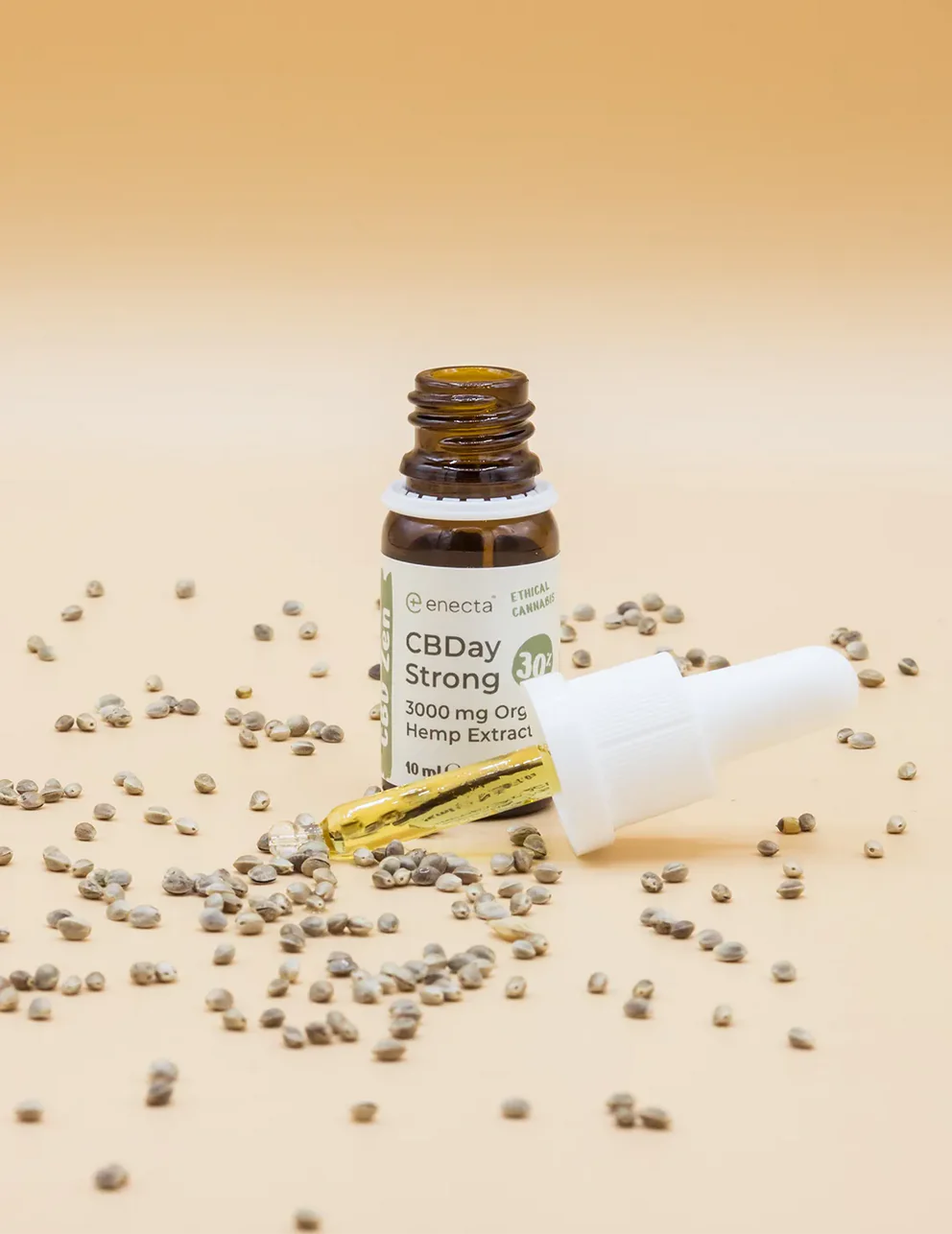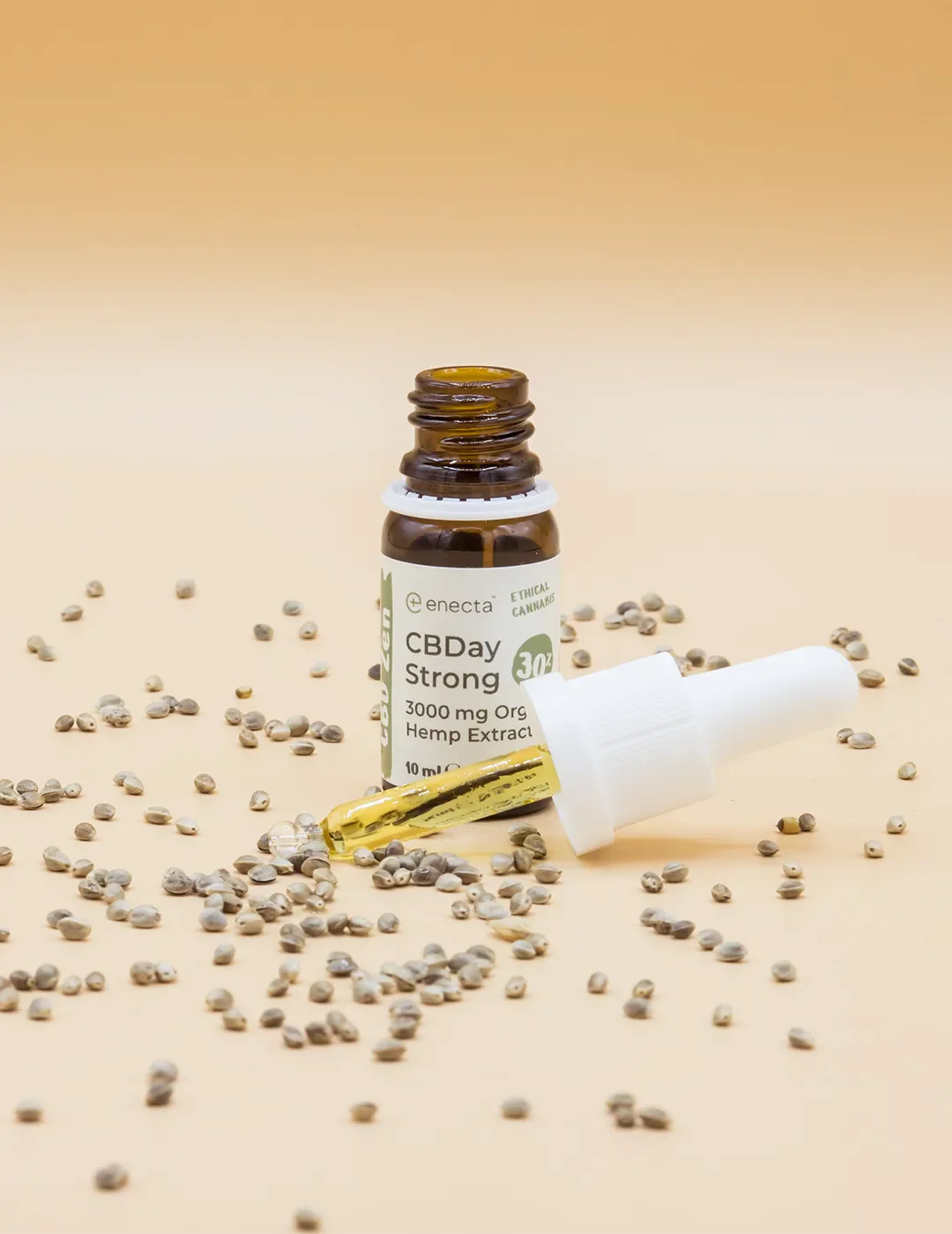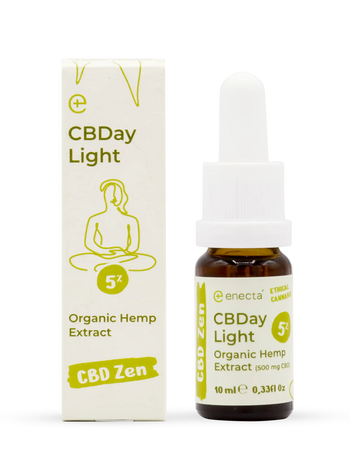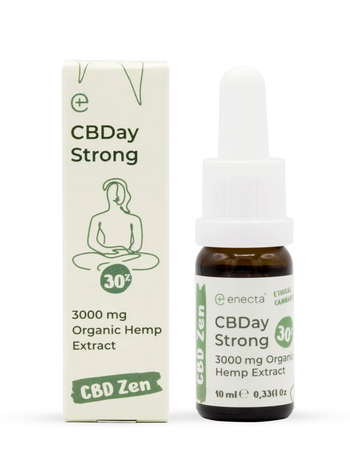Successful Weight Loss with CBD
This might help you:
Table of Contents
This might help you:How CBD affects the bodyHow obesity arisesLosing weight with CBD: How CBD affects fat cellsHow does CBD help with obesity?Health implications of obesityGuidelines for losing weight with CBDLosing weight with CBD while sleepingPositive CBD roperties for weight lossOptimal CBD dosage for weight lossTestimonials about losing weight with CBDFAQ about losing weight with CBD

How CBD affects the body

How obesity arises
Losing weight with CBD: How CBD affects fat cells

How does CBD help with obesity?
Health implications of obesity

Guidelines for losing weight with CBD

Losing weight with CBD while sleeping
Positive CBD roperties for weight loss

Optimal CBD dosage for weight loss


































